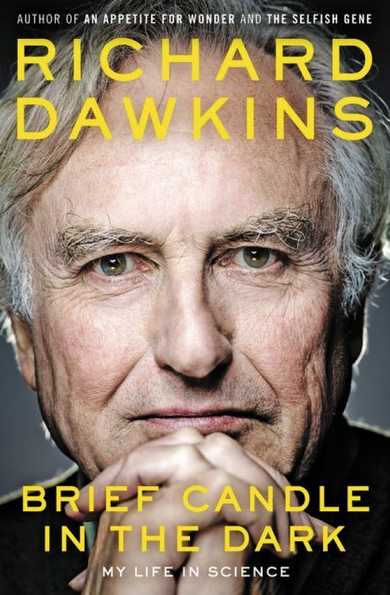Review: ‘Brief Candle in the Dark,’ by Richard Dawkins, Puts Intellect Over Intimacy [1]

News From:
In Richard Dawkins’s first memoir, An Appetite for Wonder (2013), he described losing his virginity, at the somewhat advanced age of 22, to a cellist in London.
His writing about this episode was typical of him. First he called upon science. “It isn’t difficult for a biologist to explain why nervous systems evolved in such a way as to make sexual congress one of the consistently greatest experiences life has to offer,” he said. “But explaining it doesn’t make it any less wonderful.”
Then he summoned literature and morality, and wrote: “I’ll say no more on the subject, and will betray no confidences. It isn’t that kind of autobiography.”
Mr. Dawkins’s sequel to his memoir has arrived, and it isn’t that kind of autobiography either. Brief Candle in the Dark: My Life in Science presents a public life more than a private one.
This is autobiography as intellectual victory lap. What it lacks in intimacy it mostly makes up for with wit and bounce and a sense that this deeply learned man is running for mayor of our brains. ...
...Two threads stand out from the many. The first is his longing to bridge the divide between science and literary culture. The second is the author’s emergence, with his best-selling book The God Delusion (2006), as the most famous atheist on Earth.
Mr. Dawkins laments that scientists in fiction, “from Dr. Frankenstein to Dr. Strangelove,” are generally portrayed as “heartless eccentrics, gradgrinds, psychopaths or worse.”
His favorite evenings are those he calls “third culture,” that is, scientists sharing a bottle or two with word people. Living novelists who write well about science, he suggests, include Mr. McEwan, A. S. Byatt, Philip Pullman, Barbara Kingsolver, Martin Amis and William Boyd. …

